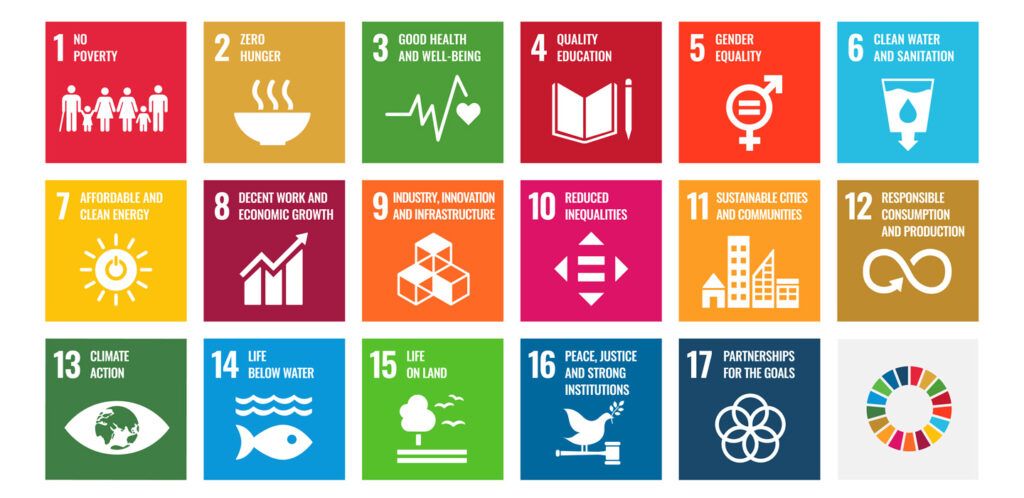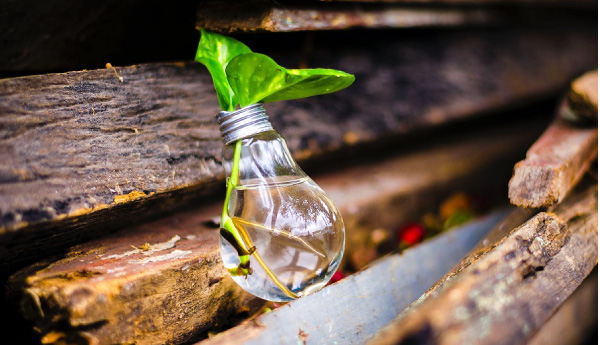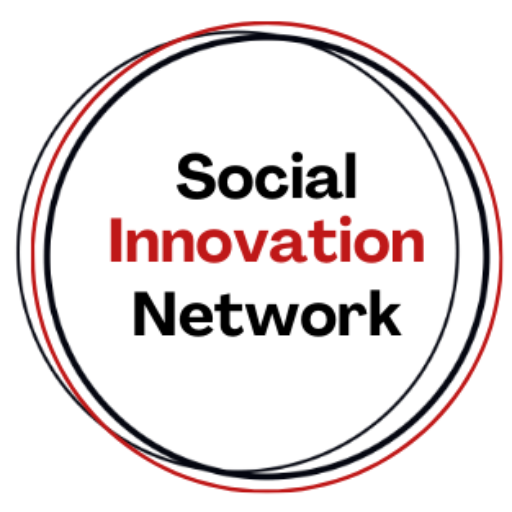Working towards a global sustainable development is one of the most defining goals of the 21st century and social innovation has a crucial role in working towards achieving that goal. Considering the fact that this is an issue concerning the whole world, it is undeniable that mutual cooperation and international solidarity is needed for a better future for the next generations.
Sustainable development is defined as development that meets the needs of the present without compromising the ability of future generations to meet their own needs. The objective is to meet the economic and societal development goals without undermining the ability of nature to provide natural resources and ecosystem services.
The United Nations Member States in 2015, adopted 17 Sustainable Development Goals (SDGs) according to which sustainable development balances three pillars: the environment, the economy and the society. The SDGs are urging universal actions to end poverty, to end all inequalities, to stop climate change and environmental degradation and to ensure peace, justice and prosperity to everyone on this planet. They are interlinked and integrated, meaning that acting in one of the spheres will result in certain outcomes in the other spheres.
The 17 Sustainable Development Goals are: 1. No Poverty, 2. Zero Hunger, 3. Good Health and Well-being, 4. Quality Education, 5. Gender Equality, 6. Clean Water and Sanitation, 7. Affordable and Clean Energy, 8. Decent Work and Economic Growth, 9. Industry, Innovation and Infrastructure, 10 Reducing Inequality, 11. Sustainable Cities and Communities, 12. Responsible Consumption and Production, 13. Climate Action, 14. Life Below Water, 15. Life On Land, 16. Peace, Justice, and Strong Institutions, 17. Partnerships for the Goals.

As the 17 goal calls for cross sector and cross country collaboration, it is undeniable that it is necessary for everyone to contribute and for partnerships to be established between the governments, the private sector and the civil society and citizens to ensure the achievement of the SDGs. In 2019, at the Sustainable Development Goals Summit, the Secretary-General of the United Nations, António Guterres, urged a mobilization of all sectors of society for action on 3 levels: global action, local action and people action, with which he appealed to the civil societies, grassroot organization, innovators and disruptors, to embrace new business models that match the demands of the Sustainable Development Goals.
Social innovation can be defined as the reshaping of the existing societal practices and the development of novel solutions as a response to pressing societal issues, which involves the engagement of the civil society actors, whose efforts are much needed and increasingly recognized as an integral part of the further promotion of sustainable development.

It is undisputable that the problems that the SDGs are aiming to tackle have been lingering and that new and innovative ideas and practices are the way to solve them. Social innovation does not have a specific form in which it occurs, t possesses a very broad range of possible directions in which it can develop, but what is mutual for all forms of social innovation is the active cooperation of the involved actors in order to push for change, for collective action, for handling the needs and challenges that have not yet been met, all of which would offer potential progress in the realization of the SDGs. Social innovation creates a sort of a bottom-up problem solving mechanism with the members of society acting both as benefactors and beneficiaries of the actions aimed towards the achievement of a global sustainable development. It can be aimed at tackling specific goals in different areas, with some examples being: reduction of poverty and social exclusion, sustainable production and consumption, efficient management of resources, environmental conservation, etc.
The United Nations has undeniably recognized the potential for social innovation to initiate social changes by working across different spheres. There already are numerous examples of social innovation undertaken around the world with the goal of addressing the challenges posed by the SDGs and the United Nations has supported many initiatives being implemented and integrated in various developed and developing countries and in emerging economies. An important example is the Cisterns Program, a bottom-up social innovation in Brazil, which originated in the Semi-arid region in order to install 1 million cisterns to provide millions of poor people with drinking water during the dry season and to enable them to handle drought, and then later progressed to building cisterns to collect water for productive use, mainly for growing food, and for distribution to municipal schools. This policy was awarded the Future Policy Silver Award 2017 by the World Future Council in partnership with the UNCCD.
With less than 10 years until 2030, which is the deadline for achieving the Sustainable Development Goals, international solidarity should be at a very high level, urging strong cooperation among all of the actors affected by the SDGs, with that being everyone on this planet, and further investment in social innovation because that is one of the most efficient and unbiased tools to tackle the societal issues and goals.







